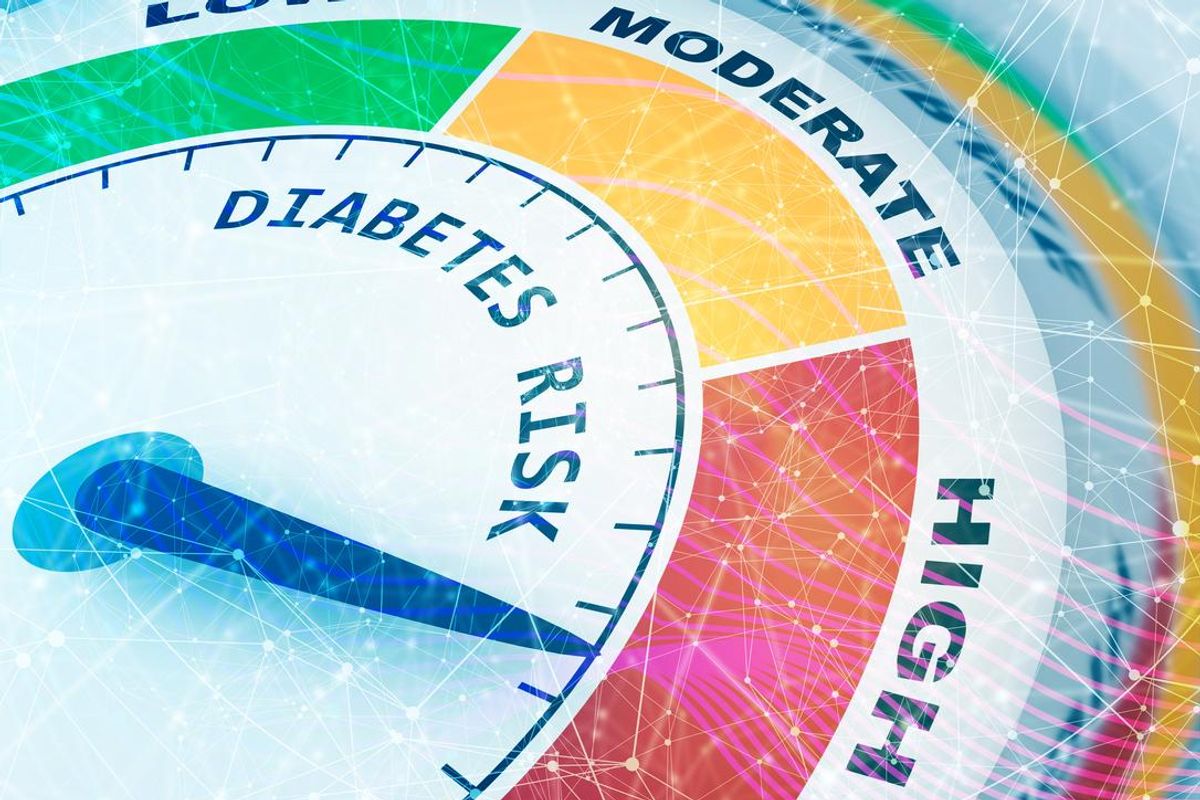
iStock.com/Evgeny Gromov
Are You At Risk for Diabetes?
If you're overweight, don't exercise or have close relatives with diabetes, it may be time to get tested.
Sep 30, 2009
Sep 07, 2022
Diabetes
Learn about our editorial policies

If you're overweight, don't exercise or have close relatives with diabetes, it may be time to get tested.
Diabetes is a chronic condition in which the body produces too little insulin or can't use available insulin efficiently. Insulin is a hormone vital to helping the body use digested food for growth and energy.
You are at higher risk for developing diabetes if you are overweight, don't exercise and are over 30 or have close relatives with diabetes, especially Type 2 diabetes—where the pancreas makes insulin, but the body does not respond to it properly (insulin resistance). Higher-risk ethnic groups include African American, Latino/Hispanic, Native American, Alaskan Native, Asian or Pacific Islander American.
The term "prediabetes" describes an increasingly common condition in which blood glucose (also called blood sugar) levels are higher than normal but are not yet diabetic. About 86 million Americans have prediabetes, in addition to the 29.1 million with diabetes. Prediabetes is now recognized as a risk factor for developing diabetes later in life. Get tips to fend off prediabetes now.
If you are 45 or older, you should be screened for diabetes. A normal initial test should be followed up with retesting at three-year intervals or at the frequency recommended by your health care professional based on your personal health history and other risk factors you may have.
For individuals at high risk for developing diabetes, the guidelines issued by leading health professional organizations recommend that screening begin at age 30. These conditions, in addition to those described above, can raise your risk of developing diabetes.